“I had previously run an ecommerce business, so I was used to technology and its effect on business. When I started the business doing legal work for others, I could not afford the physical premises, but I could afford to be online.”
Rizwana McDonald describes the genesis of Foundd Legal:
“I am a lawyer with over 20 years of experience. I am an entrepreneur and I am passionate about all things creative!
“That’s part of what led me to start Foundd. Over the years I have worked as both a lawyer and the founder of an ecommerce business of my own. I discovered that there were a huge number of amazing designers, creatives and fellow entrepreneurs out there who had fantastic ideas and business models but had no access to the legal ins and outs. But that access is imperative to running a fully legitimate, successful and protected company.”
I recently sat down with Riz – as she is known by everyone – to find out about what had motivated the strategic and innovative incorporation of technologies into Foundd Legal.
Rizwana McDonald
What was the impact of COVID for you?
“COVID did not impact me because I was already online and had been since 2019. So, I was ready for COVID without realising. If my practice had been ‘bricks and mortar’ or in a different area of law – then it would have been hugely impacted.
People started thinking outside of the box before COVID, and we encouraged our offline clients to run online. There were plenty of ‘ah-ha’ moments for me, as I realised that my role with my clients was increasingly moving into becoming a business advisor to them.
That thing we all had to do throughout COVID – ‘pivoting’ – well that benefited me. It made sense for me to go online even prior to COVID. COVID accelerated the use of and reliance on the technology.
But, as COVID lingered there were some impacts – and not all of them were positive. The negatives were that it felt lonely and isolating after all the buzz of office life. We were not able to interact in the usual ways. I was lacking contact and missed the networking. There was an impact on the mental health of us and clients. But then networking started online! Being part of a group has helped a lot.”
What about the impact of technology?
“I had previously run an ecommerce business, so I was used to technology and its effect on business. When I started the business doing legal work for others, I could not afford the physical premises, but I could afford to be online. My clients were all online. I thought, ‘Why not me?’
There was a very practical and positive aspect to my decision to go fully online. I was not tied to one place. I could travel with the kids and interact with my clients through the website and Instagram.
I didn’t want to do bookings online, so I linked up my calendar to Acuity and Zoom. This saved me needing a PA booking those appointments. That would have cost me and taken time – so this has been very efficient. It was a ‘no brainer’ for me.
I looked up automation to see how I could incorporate this into my business model, especially from the perspective of enabling me to focus more on providing the legal advice. I wanted to do templates. There is still a lot of work involved in developing the templates and marketing them. But it is about thinking smarter. This frees up time from repetitiveness and allows me to focus on the law. I have been adding content to refine the answers and bringing in AI.
We don’t have a phone number – and that is intentional. I wanted a process for clients to make contact so that we did not have random calls. Prospective clients can read the FAQ’s and fill in the form to identify the problem and the issue. I can charge the fees and still be profitable. With the fees, it is a combination of fixed and value based. My business model needs to be very streamlined for me to get a price on the value of my time, knowledge, experience and the services I am providing. That price on my time, knowledge and experience– it factors in profit.
From my client’s perspective – they cannot afford hefty fees. My clients are happy and appreciative of the services Foundd Legal provide. It is a fit for them because it is quick, efficient and affordable. The templates for service and products provide that streamlined process.
Clients may be in small business, but they are thinking big. I get them to think about bigger picture stuff! It is about protecting their intellectual property. I am the trusted advisor to the client.
The client might ask me: ‘Can you review my contract?’ Maybe it is one they have downloaded from the internet. But I tell them it is more cost effective for them if I offer to sell them a template – unless the business is unique, in which case we need to do a customised contract.
The way in which I have established Foundd, especially through the innovative use of technology, I have been able to pass on the cost benefits to my clients. It has also meant that I have more capacity to work with them, giving them a good client experience.
When I refer them to a template, I may lose money in the short term, but I am building the practice through the referral network. It is about playing the long game – and not taking the ‘quick’ dollars.
The long game is about educating the client, being kind and making them feel good. Clients who have this experience – guess what? They refer me to everyone they know, and they come back to me. Sure, I could charge high fees, but a client would leave and recommend me to no one.
When the client’s experience is that they save dollars, and feel legally protected, then they will refer. I find that I’ll frequently get 10 referrals from the one client. And of course, social media also plays a big role here with their referrals. There is absolutely no doubt it is powerful for business – and all because I focus on client care. I am building my reputation, and this is transported through social media. Sure, I use the technology for the initial client engagement and via the FAQs – but then it is all about building the human relationships.”
What about intergenerational change?
“The internet! Everything has changed with this. Everyone is aware of what they want and they can Google stuff! They can get it all in a nano second. We have a much more educated consumer. You cannot just bamboozle with legal terminology. You must offer more than the legal service.”
Final insights…
“Law can be a place where there is very little generosity in sharing information or support. Sometimes it can feel as though the wrong things matter and you can question whether or not you fit in. And this can make it all very difficult. But this is changing. Technology has been a leveller that has brought a lot of innovators into the profession, wanting to do things differently.
It is only when you look back on all sorts of things that were tolerated, that you can see it all very clearly as attitudes and behaviours that should not have been accepted. I was in that game for a long time. I wanted to be part of the leadership programs – because I knew I had leadership capabilities within me. But maybe my ‘brand’ did not fit the corporate brand. I look back on that now and realise that I have taken all that drive and passion about how I wanted to see law practised – you know where the client is important – and I’m doing it. I am making it happen!”
Closing soon!
Have your say in the Future Ready Research Project sponsored by Queensland Law Society on how law firms can better survive and thrive in today’s climate of dynamic change.
Take just 30 minutes of your time and contribute to Queensland’s Future Ready legal profession.
The survey focuses on a wide range of factors influencing the legal profession, including COVID, technology, and intergenerational impacts.
Be part of Future Ready and complete the survey.


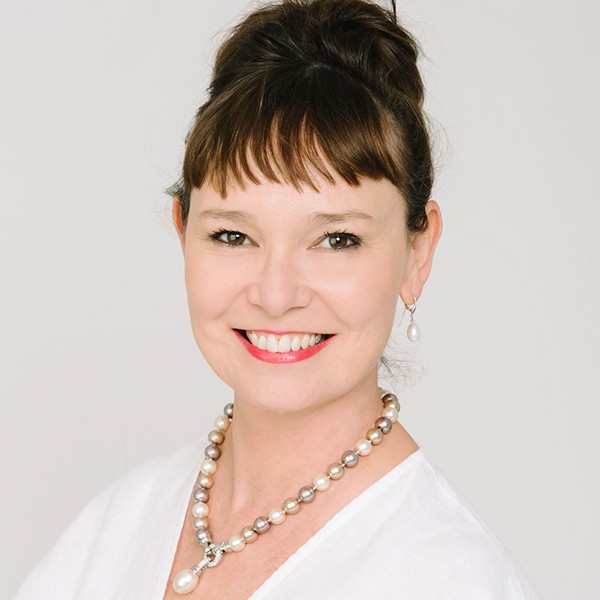
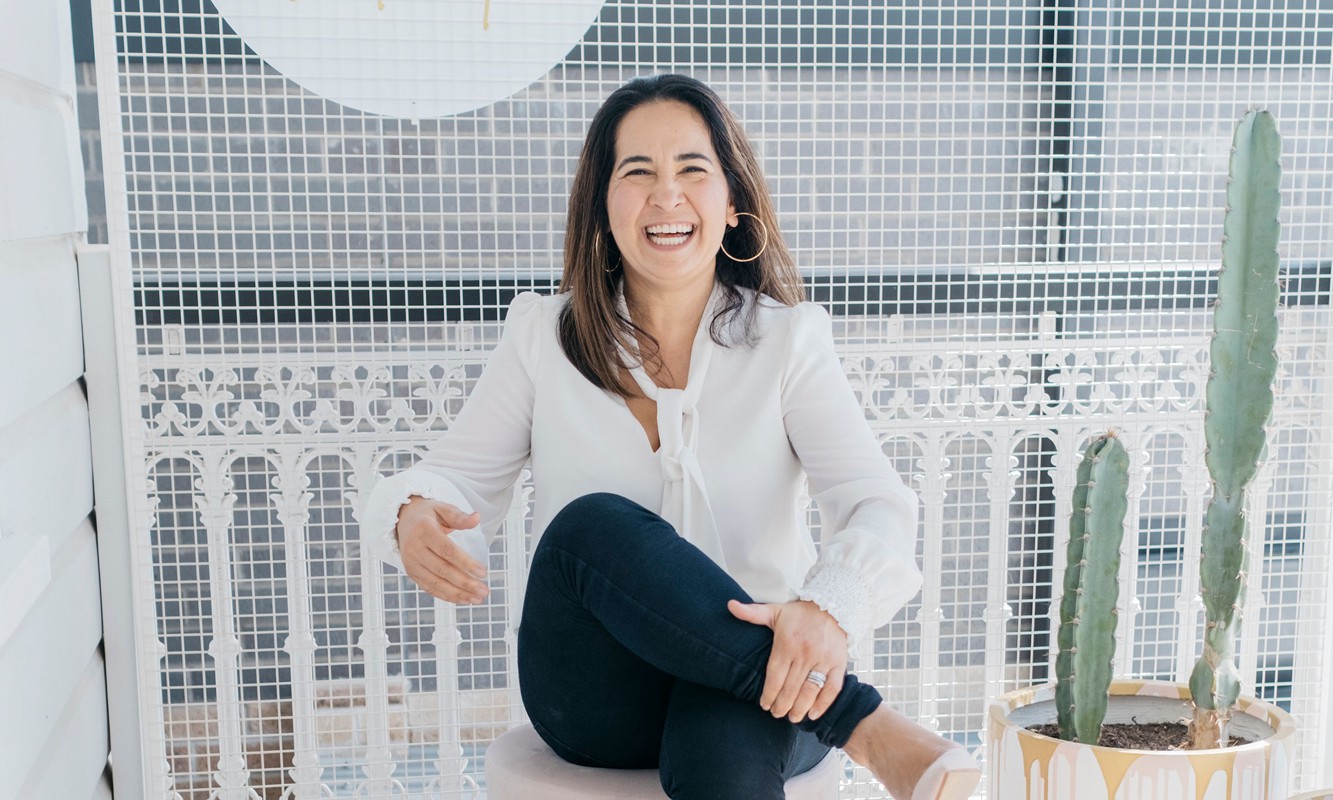
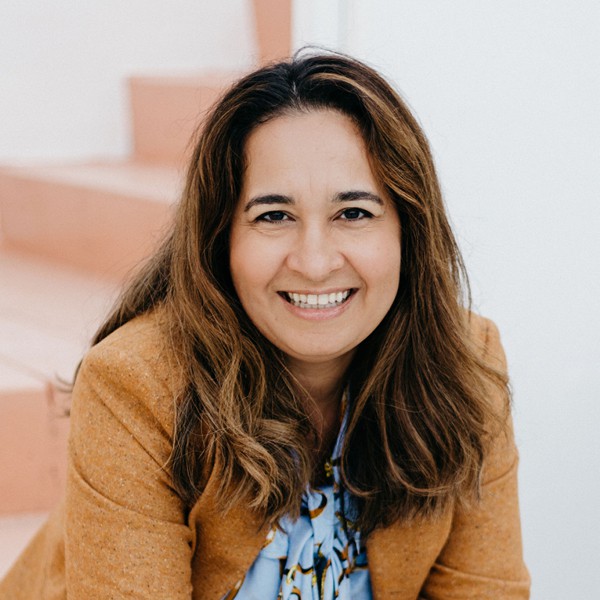


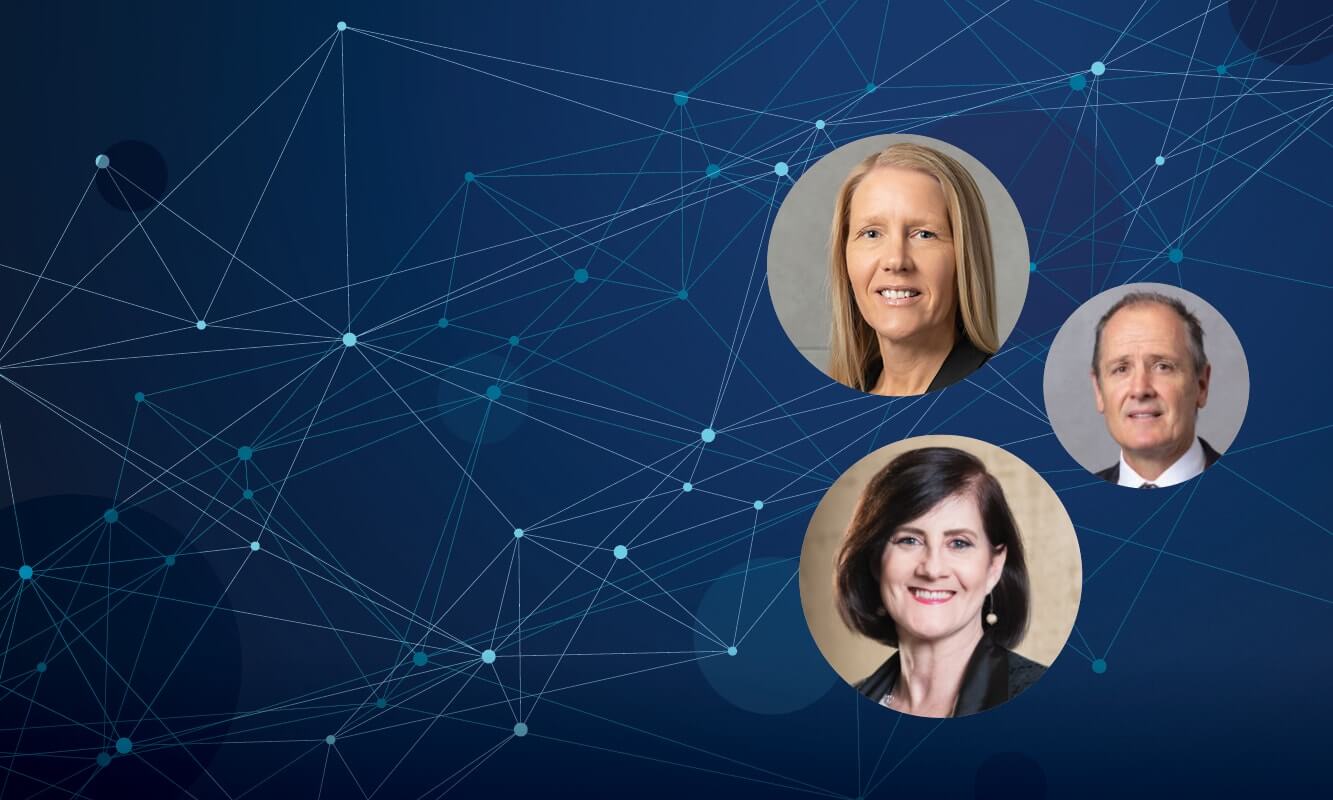

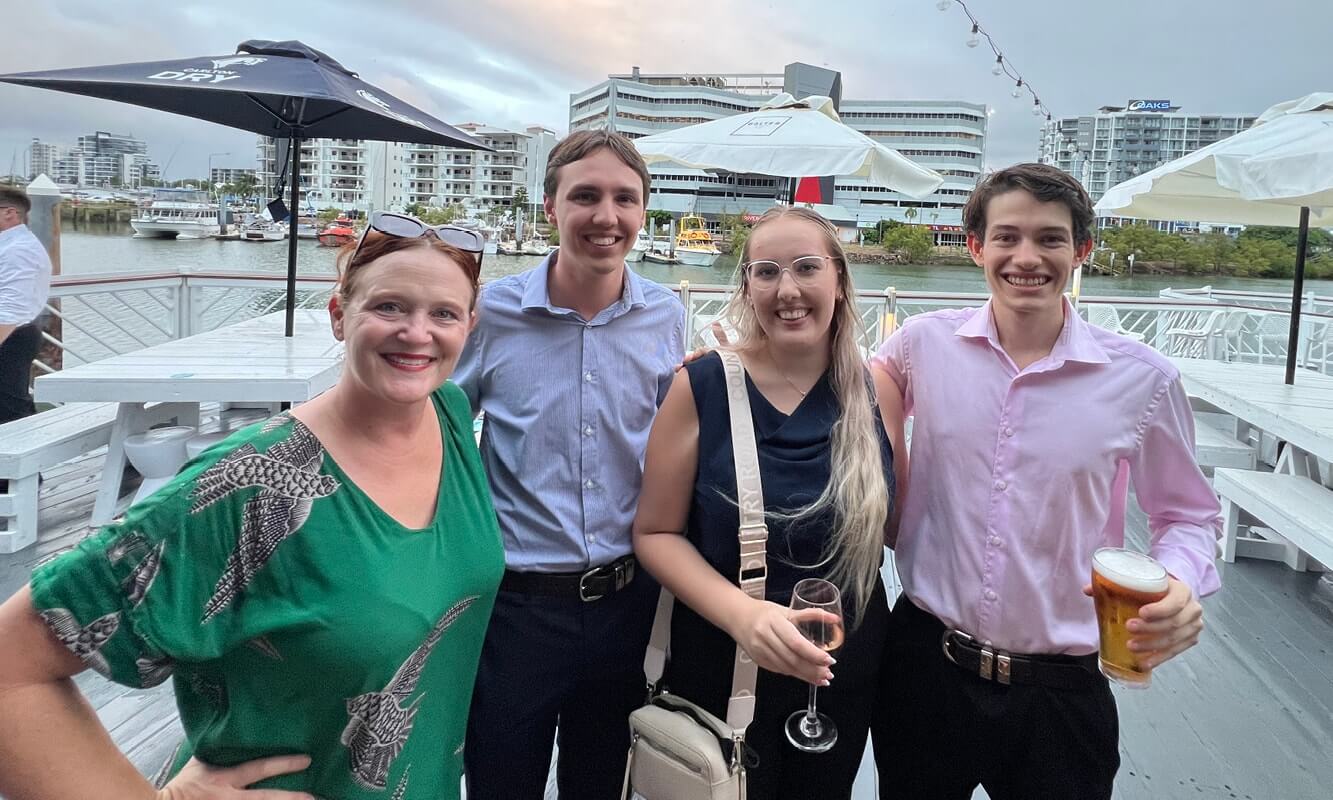
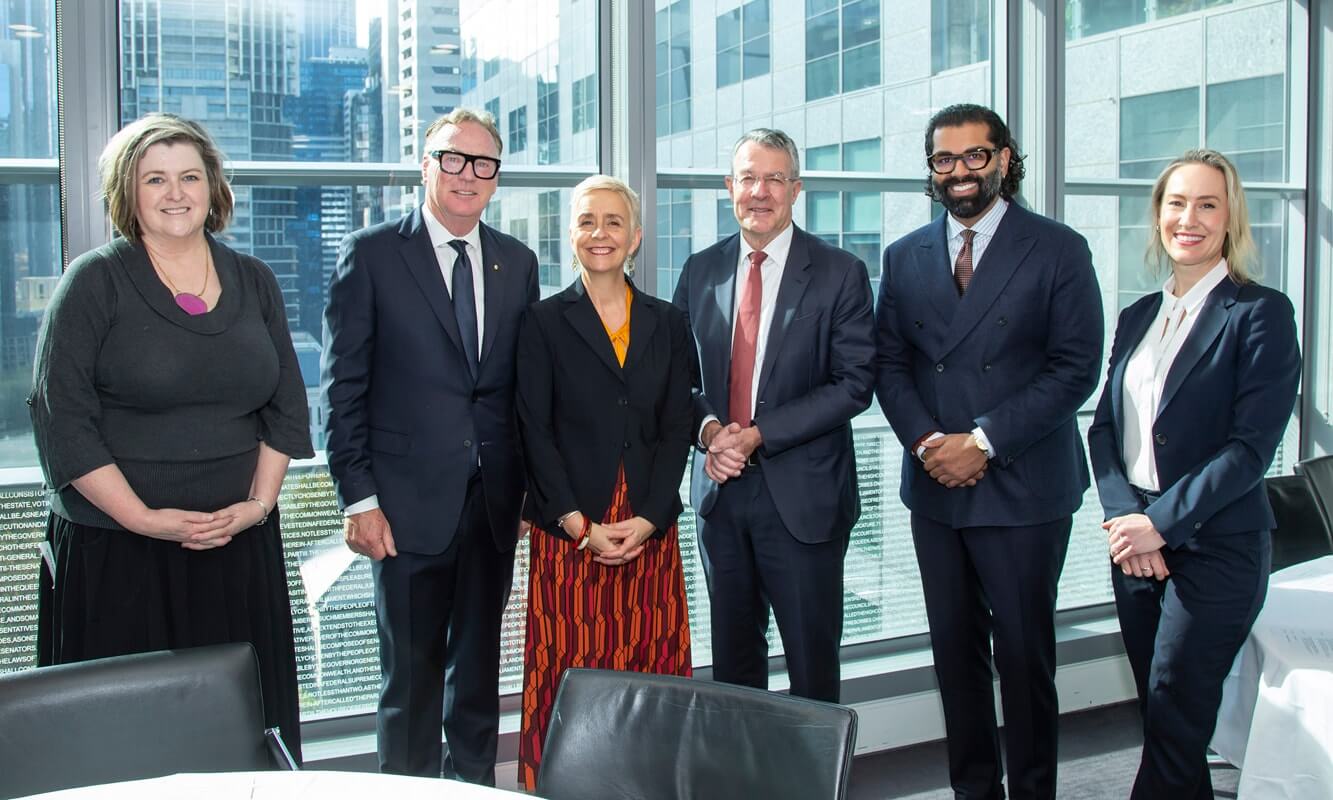

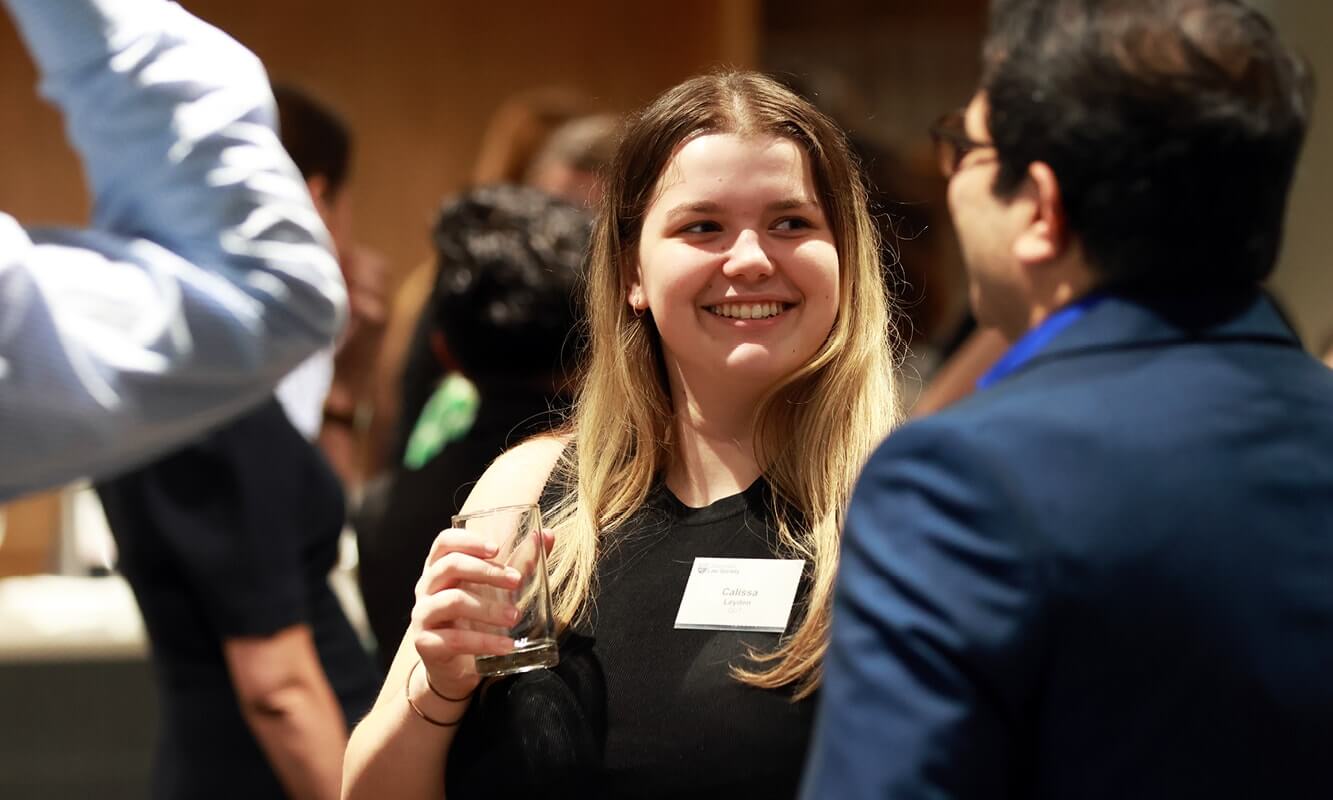

Share this article